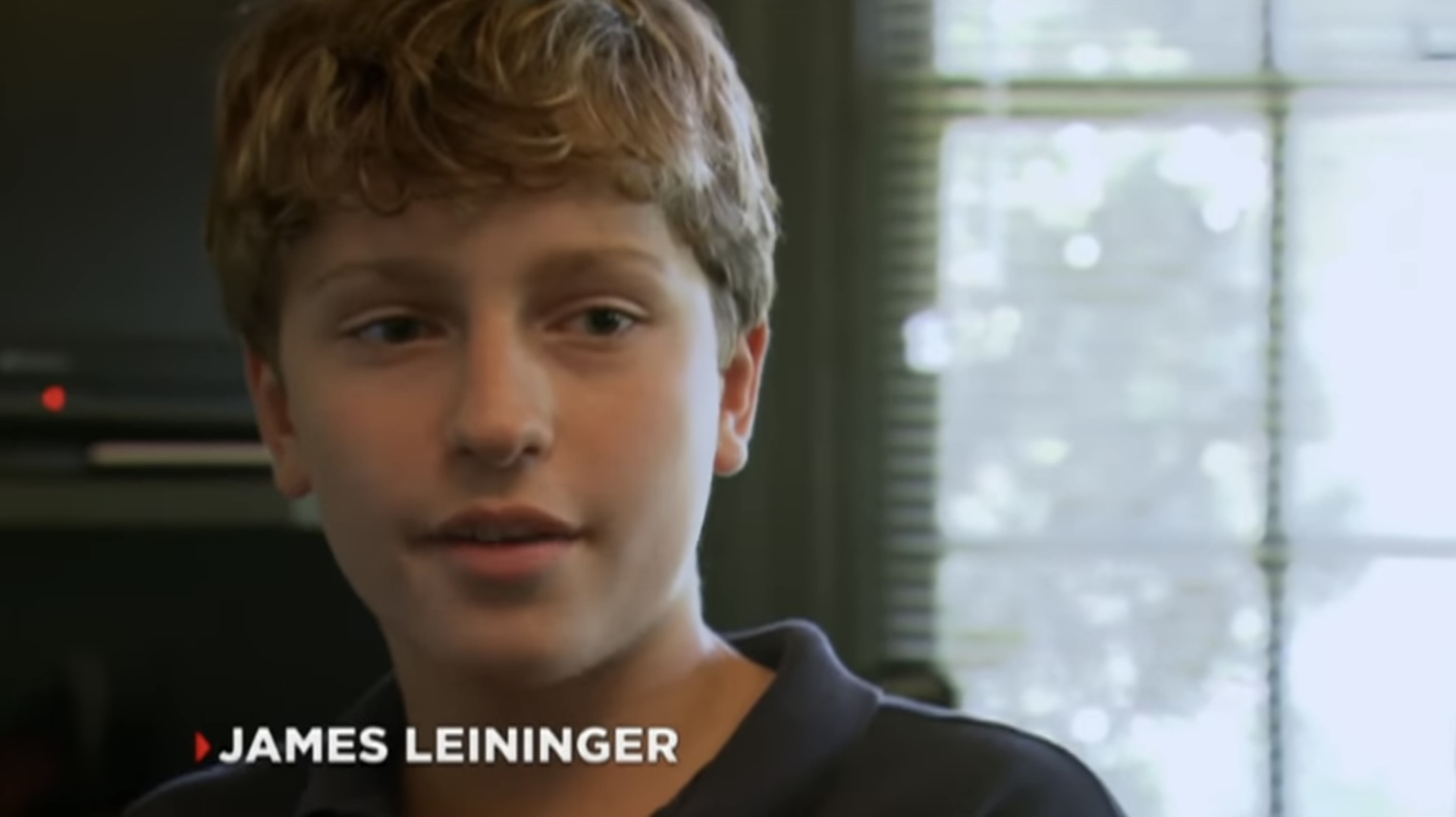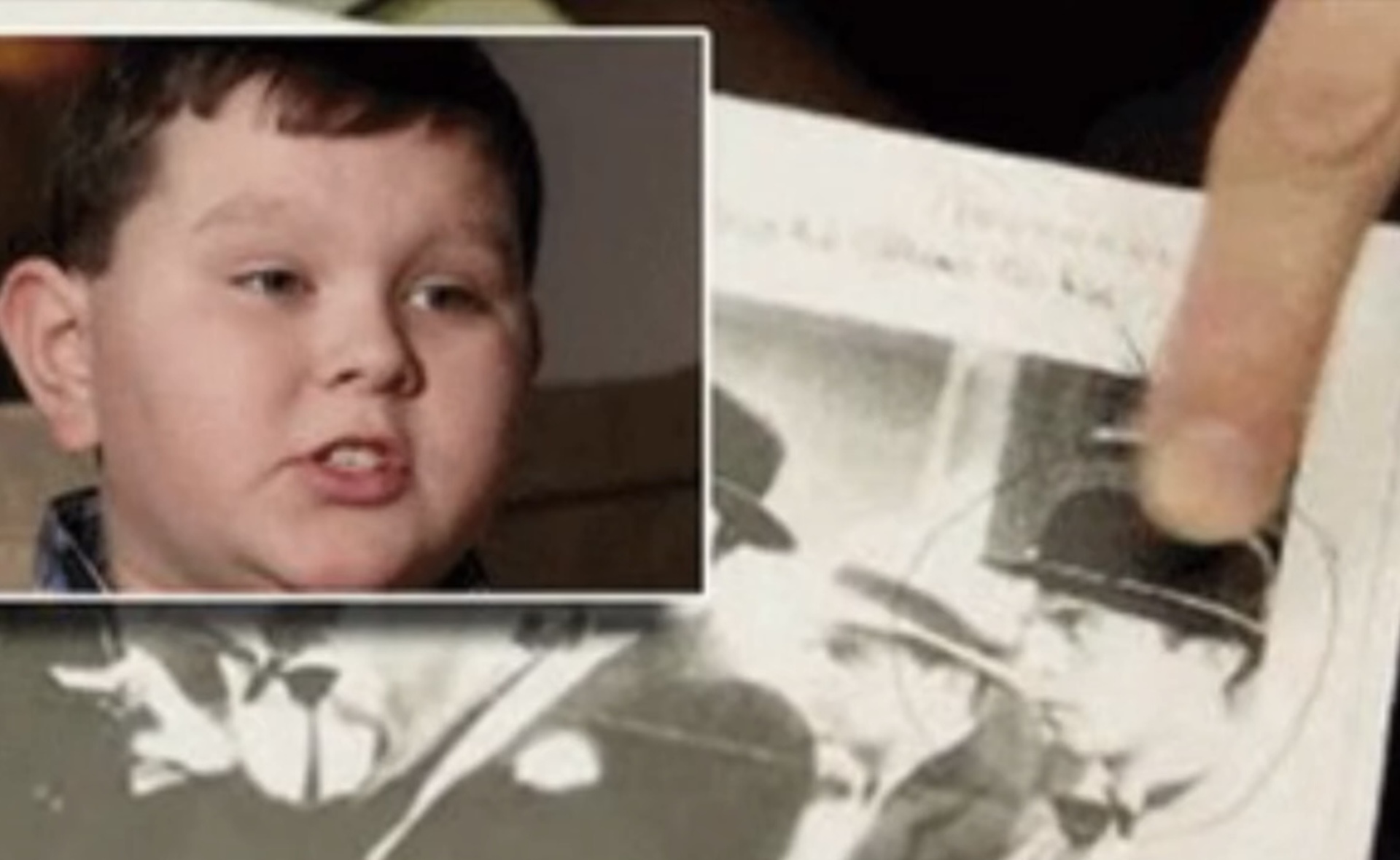Reincarnation or imagination? The children who seem to recall life before birth
Reincarnation is a core belief for some eastern cultures, but in the West it’s usually viewed with skepticism, or outright rejection.
The group, led by the late psychiatrist Ian Stevenson and his successor, child psychiatrist, Jim Tucker, has collected over 2500 cases of the reincarnation type all over the world, according to the University of Virginia.
Photo: Leo Rivas/Unsplash
On the University’s webpage, Dr. Tucker explains that it’s usually between the ages of 2 and 5, when some children speak about memories of a previous life they claim to have lived, and after age 5, memories usually start to fade.
Photo: Scott Webb/Unsplash
Although kids around said age usually engage in imaginative behavior, a child recalling a past life might say things like “I miss my other parents”, a very uncommon statement for a toddler to make as it involves their primary relationships, pshychologist Tovah Klein told The Washington Post.
Photo: Steven Libralon/Unsplash
Other statements a child recalling a past life might make, according to Dr. Tucker, are: ““When I was big, I… (used to have blue eyes, worked downtown, etc.); “I have a wife/husband/children;” “I died … (in a car accident/after I fell, etc.)”; “Remember when I … (lived in that other house, was your daddy, etc.),” among many others.
Photo: Gabby Orcutt/Unsplash
At the same time, the child pshychiatrist says, the children might often show behaviors, such as phobias or preferences, that are unusual within the context of their particular family and cannot be explained by any current life events.
Photo: Filip Urban/Unsplash
In his book ‘Return to Life’, Tucker describes this kids’ fears as “the kind of avoidant behavior that is part of the official criteria for PTSD (post-traumatic stress disorder).” For example, children who remember drowning are often terrified of water.
Photo: Frank McKenna/Unsplash
One of the most notable cases documented by Dr. Tucker is that of James Leininger, an American boy from Louisiana that started having nightmares of a plane crash at the age of two in the year 2000.
YouTube @ILoveDocs
He later described being an American pilot whose plane was shot down by the Japanese. He gave details that included the name of the airplane carrier, and the first and last name of a friend who was with him, plus the location of the fatal crash.
James' statements eventually led Dr. Tucker to the death of a World War II pilot named James Huston (pictured). The case has been explored in a documentary, a book, and an episode of Netflix ‘Unexplained’ series.
YouTube @ILoveDocs
Like in James' case, in many of the possible reincarnation cases documented by Dr. Tucker’s Division of Perceptual Studies, the child’s statements correspond accurately to the life and death of a deceased individual.
Moreover, the psychologist says some children have birthmarks or birth defects congruent with wounds or marks on the deceased person, using postmortem reports to confirm it.
American author Barbara Graham, who wrote a novel based on a reincarnation case and claims to have recalled being murdered during the Holocaust herself, says that “it makes sense those who die suddenly or violently would carry more of an imprint from the previous lifetime than a 95-year-old who slips off peacefully in the night”.
On an interview with ‘Psychology Today’ Graham said that her own therapist told her she’s seen many people who were born in the late '40s and early '50s carrying memories of the Holocaust.
One case was explored by The Washington Post recently. A couple tell the story of how their 2 year old daughter started speaking about a girl named Nina, saying that “she had numbers in her arm” and that these “made her sad”.
Eventually, the couple stumbled onto Dr. Tucker, who after talking to them and their kid, said that although he found the family’s account compelling, there was not enough specific detail to continue an investigation. “It basically becomes one more unverified American case,” he told the Post.
Photo: Wesley Tingey/Unsplash
Besides the cases that remain unverified, Dr. Tucker thinks that many cases get dismissed as fantasy by the parents or are even actively suppressed by them, since the idea of reincarnation carries some stigma within Western cultures.
Photo: Caleb Woods/Unsplash
The case of Ryan Hammons, a kid who remembered being a Hollywood actor is an example of that. His mom told the Post that when his story went public, people in their community said things like her son “needed to find Jesus” and that she was a bad parent.
Photo: YouTube @thecreepyandparanormalshow4908
It might not be surprising then that most of the cases documented by Tucker’s team come from countries where the idea of reincarnation is socially acceptable. However, evidence can’t tell us with absolute certainty that reincarnation happens or that it doesn’t.
In a 1999 interview with the New York Times, psychiatrist Ian Stevenson, who started the reincarnation investigations said: “Science develops ideas of what is so and it becomes very difficult to force scientists to look at new data that may challenge existing concepts.”
More for you
Top Stories



































